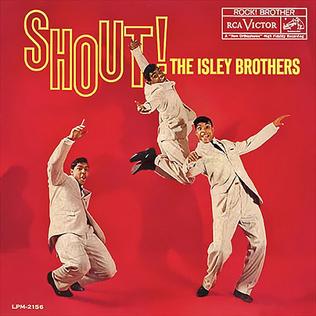| First posted 10/1/2020. |
HeavenlyJohnny Mathis |
 |
Released: August 10, 1959 Charted: September 21, 1959 Peak: 15 US, 10 UK, -- CN, -- AU Sales (in millions): 1.0 US, -- UK, 1.0 world (includes US and UK) Genre: easy listening |
Tracks: Song Title (Writers) [time] (date of single release, chart peaks) Click for codes to singles charts.
Total Running Time: 48:03 |
Rating: 4.248 out of 5.00 (average of 5 ratings)
Quotable: -- Awards: |
About the Album: In 1958, Columbia Records released Johnny’s Greatest Hits. This collection by Johnny Mathis has been described as the “original greatest-hits package.” It peaked at #1 on the Billboard album chart and logged more than 10 years on the chart, a record it held until it was surpassed by Pink Floyd’s Dark Side of the Moon in 1983. While the album could be considered the peak of his career, Mathis followed it with nine consecutive top-10 albums, including the five-million-selling Merry Christmas. From a chart standpoint, the most successful of these was 1959’s Heavenly. It was his only other #1 album and, like Johnny’s Greatest Hits, became a staple on the album chart, logging 295 weeks. The album is “the epitome of Mathis’ approach to music.” AMG “The tempos are slow, the strings swell, and Mathis’ vulnerable tenor, dripping with tender emotion, yet never missing a beat, soars and swoops over all.” AMG This was Mathis’ tenth album release in under three years, which made him “a recording veteran while still being fresh enough to give his performance real feeling.” AMG The most notable track is Misty, a jazz piano standard by Erroll Garner with new lyrics added by Johnny Burke. It wasn’t the biggest hit of Mathis’ career (that would be the #1 “Chances Are” in 1957), but it became what many considered his signature song. In 2002, it was inducted into the Grammy Hall of Fame.
|
Resources and Related Links:
|









